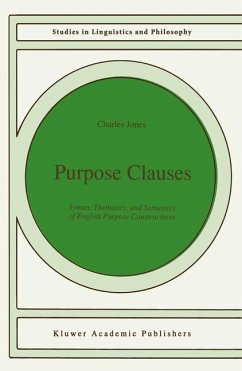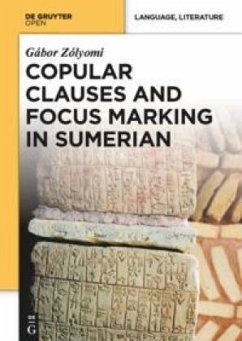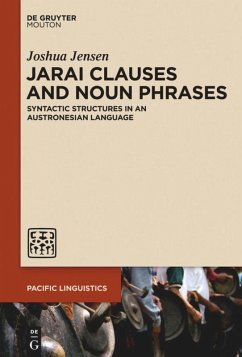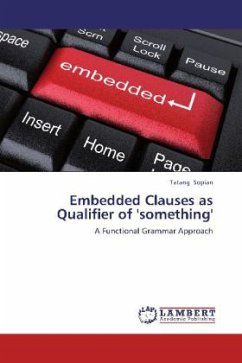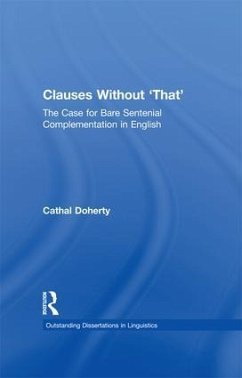
An Analysis of Subject-Before-Finite-Verb Clauses
An Analysis of Subject-Before-Finite-Verb Clauses in the Book of Genesis Based on Traditional Grammarians
Versandkostenfrei!
Versandfertig in 6-10 Tagen
39,99 €
inkl. MwSt.

PAYBACK Punkte
20 °P sammeln!
This book examines the function of subject-before-finite-verb clauses in the book of Genesis based on traditional understanding. The research of this book, following the understanding of traditional grammarians, furnishes that all subject-before-finite-verb clauses render the subject prominent by both emphasis and description. Chapter 2 presents traditional grammarians view concerning verbal and nominal clauses, including subject-before-finite-verb clauses in particular. Chapter 3 explains that in narrative statements, the subject is usually more described than emphasized (rarely, more emphasi...
This book examines the function of subject-before-
finite-verb clauses in the book of Genesis based on
traditional understanding. The research of this
book, following the understanding of traditional
grammarians, furnishes that all subject-before-
finite-verb clauses render the subject prominent by
both emphasis and description. Chapter 2 presents
traditional grammarians view concerning verbal and
nominal clauses, including subject-before-finite-
verb clauses in particular. Chapter 3 explains that
in narrative statements, the subject is usually more
described than emphasized (rarely, more emphasized
than described), though both description and
emphasis are always present. Chapter 4 offers the
examination of subject-before-finite-verb clauses in
non-narrative statements: the subject is usually
emphasized (very rarely, more described than
emphasized), though again both description and
emphasis are always present.Chapter 5 discusses
modern attempts to redefine subject-before-finite-
verb clauses.
finite-verb clauses in the book of Genesis based on
traditional understanding. The research of this
book, following the understanding of traditional
grammarians, furnishes that all subject-before-
finite-verb clauses render the subject prominent by
both emphasis and description. Chapter 2 presents
traditional grammarians view concerning verbal and
nominal clauses, including subject-before-finite-
verb clauses in particular. Chapter 3 explains that
in narrative statements, the subject is usually more
described than emphasized (rarely, more emphasized
than described), though both description and
emphasis are always present. Chapter 4 offers the
examination of subject-before-finite-verb clauses in
non-narrative statements: the subject is usually
emphasized (very rarely, more described than
emphasized), though again both description and
emphasis are always present.Chapter 5 discusses
modern attempts to redefine subject-before-finite-
verb clauses.




